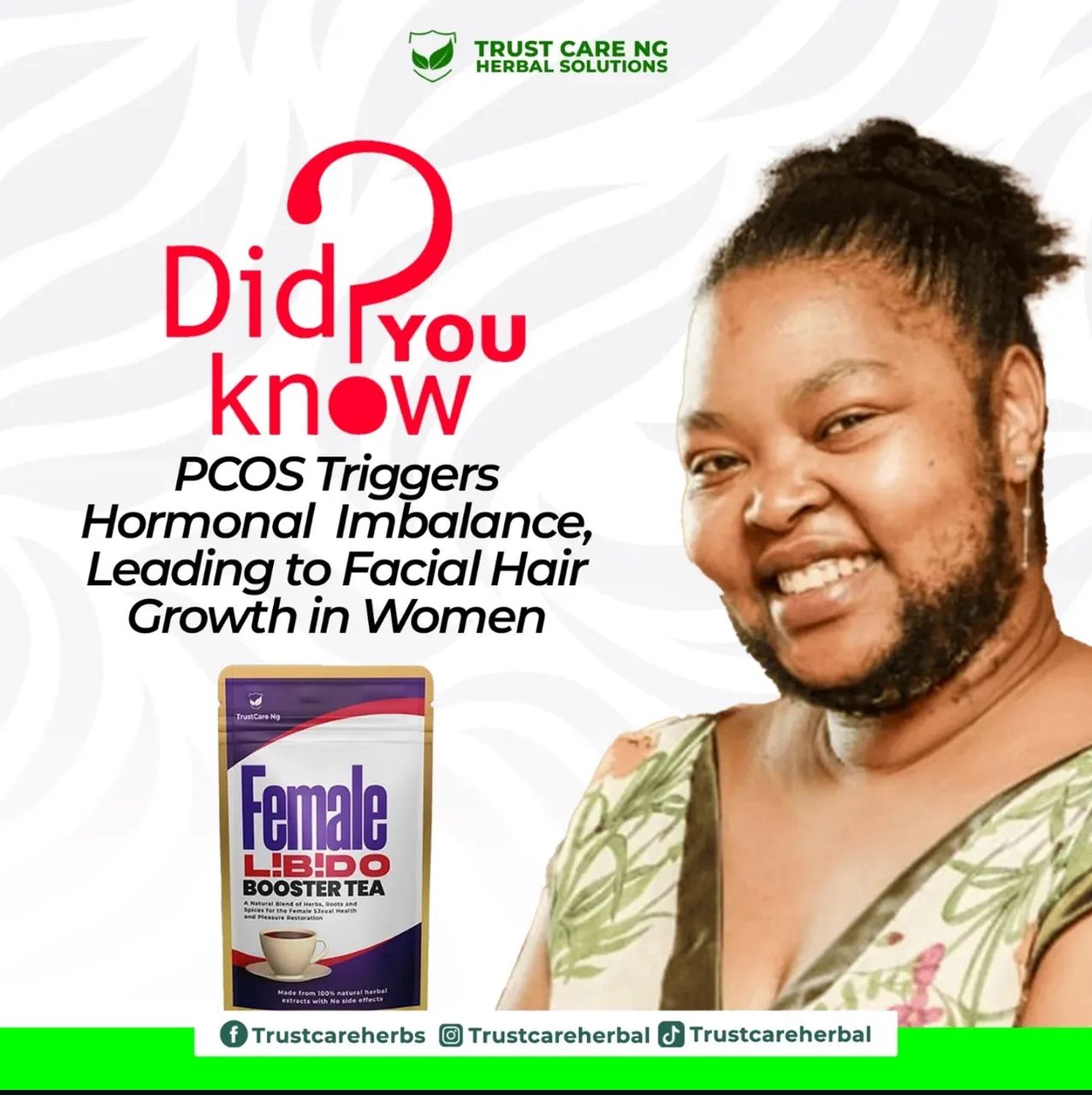
Polycystic Ovary Syndrome (PCOS) is one of the most common hormonal conditions affecting women of reproductive age. Despite how widespread it is, many women struggle in silence because of the physical, emotional, and social challenges that come with it. Among its many symptoms, facial hair growth—also known as hirsutism—often feels the most visible and distressing. While acne or irregular periods may be easier to talk about in a medical setting, excessive hair on the face or body can directly impact self-esteem and confidence. Understanding why this happens and what can be done about it is the first step to managing both the condition and its effects on daily life.
At the core of PCOS is a hormonal imbalance. Women with PCOS tend to produce higher-than-normal levels of androgens, the so-called “male hormones” such as testosterone. While androgens are present in all women, excessive amounts can disrupt normal reproductive processes and lead to a range of symptoms.
These elevated hormone levels interfere with ovulation, leading to irregular or missed menstrual cycles. They also affect the skin and hair follicles. The increase in androgen activity often causes oily skin and acne, and in many women, it stimulates the growth of coarse, dark hair in areas typically associated with male hair patterns—such as the face, chest, back, or abdomen.
Hair follicles on the body respond differently to hormonal signals. Some areas, like the scalp, may be sensitive to changes in hormones and experience hair thinning, while others, such as the chin or upper lip, may respond by producing thicker, darker hair.
In women with PCOS, the higher levels of androgens overstimulate these sensitive hair follicles. This process, called androgen-dependent hair growth, is why hirsutism develops in specific areas. For many women, this symptom feels more difficult to manage than the internal aspects of the condition, because it’s outwardly visible and can draw unwanted attention.
Facial hair growth may seem like a cosmetic issue on the surface, but for women with PCOS, it often carries a deep emotional toll. Society places a heavy emphasis on smooth, hair-free skin as a standard of femininity, so dealing with coarse facial hair can create feelings of shame, embarrassment, or even social withdrawal.
Many women spend considerable time and money on hair removal methods, from threading and waxing to laser treatments, in an effort to manage the symptom. The emotional strain can also contribute to anxiety, depression, or low self-esteem, making mental health support an essential part of PCOS management.
The good news is that facial hair growth related to PCOS is manageable. There is no single solution that works for everyone, but a combination of medical, cosmetic, and lifestyle approaches can make a significant difference.
1. Medical Treatments
2. Cosmetic Options
3. Lifestyle Adjustments
While facial hair growth can feel overwhelming, it’s important to remember that it is just one aspect of PCOS. Addressing the root cause—hormonal imbalance—can lead to broader improvements, including better menstrual regularity, improved skin, and reduced risk of long-term complications such as diabetes or heart disease.
Equally important is acknowledging the emotional side of the condition. Counseling, support groups, or simply connecting with others who have PCOS can help women feel less isolated. Knowing you’re not alone in the journey can provide strength and encouragement to seek help and explore solutions.
PCOS is a complex hormonal disorder that affects millions of women worldwide, and facial hair growth is one of its most visible and emotionally challenging symptoms. While the presence of excess androgens drives this change, there are effective medical, cosmetic, and lifestyle strategies that can help manage it.
The key is to approach PCOS not just as a physical condition but as an experience that affects the whole person. With proper medical care, supportive resources, and self-compassion, women with PCOS can navigate these challenges and reclaim confidence in their bodies and lives.